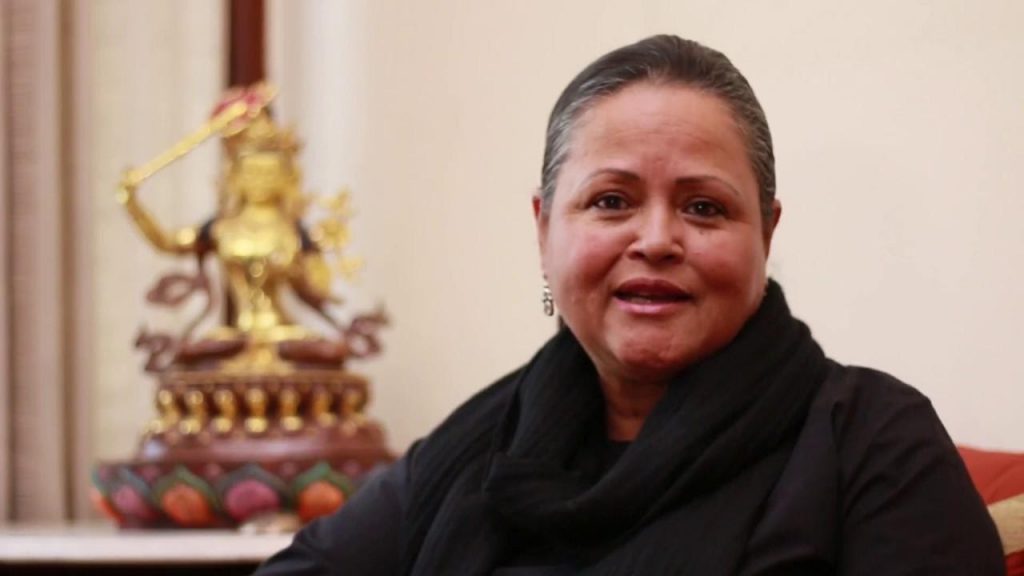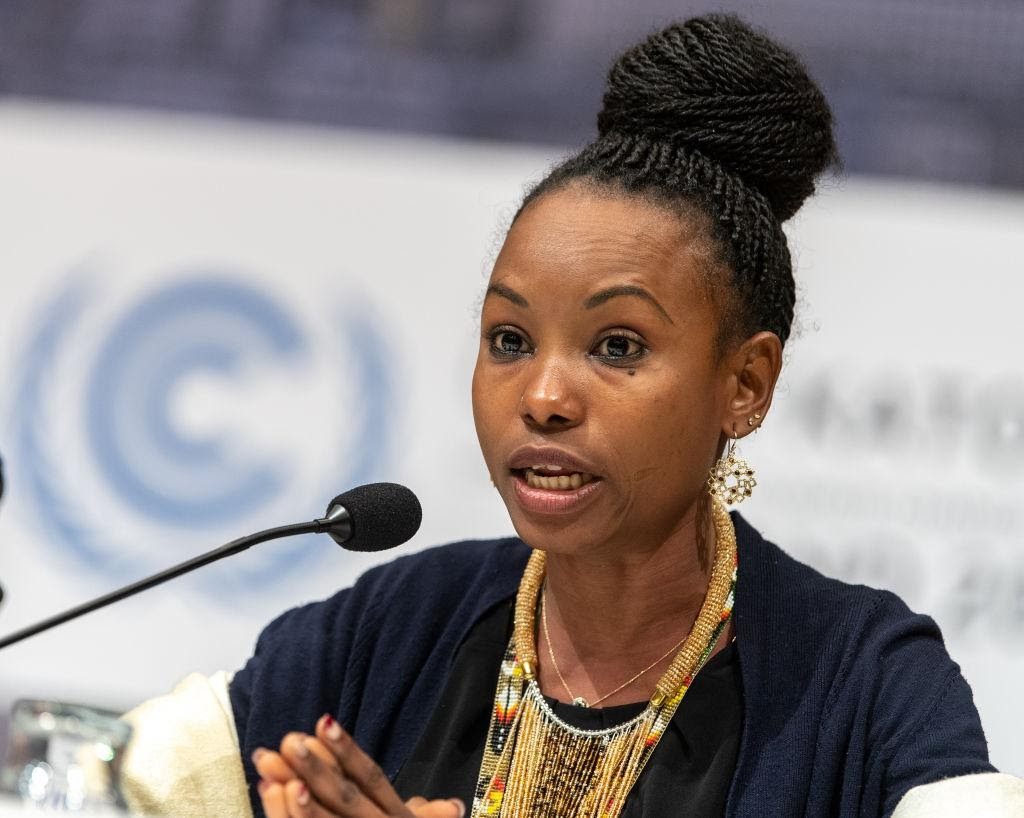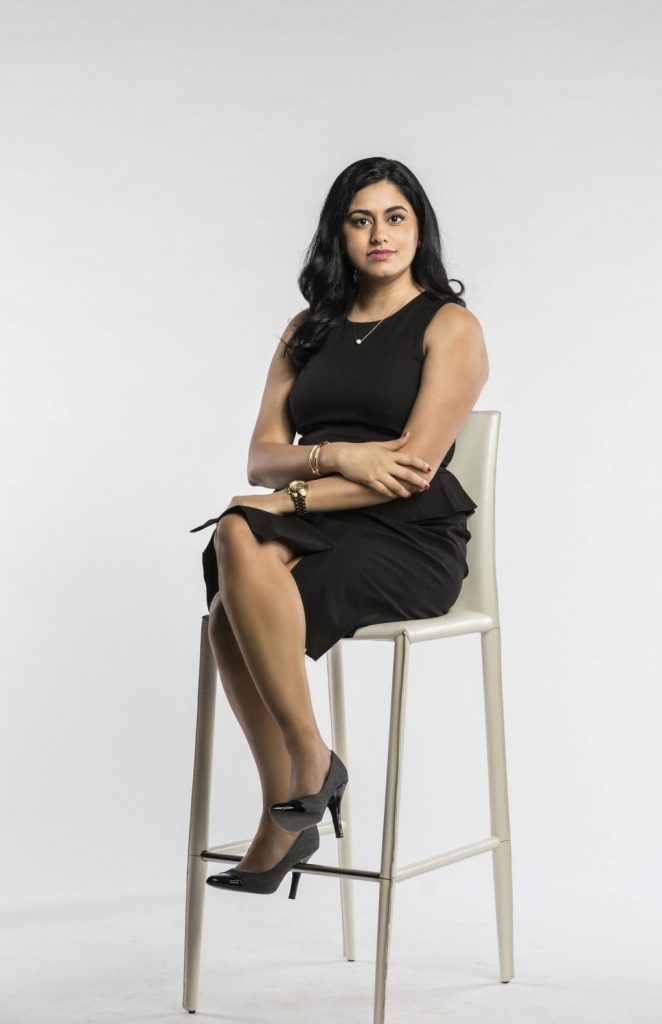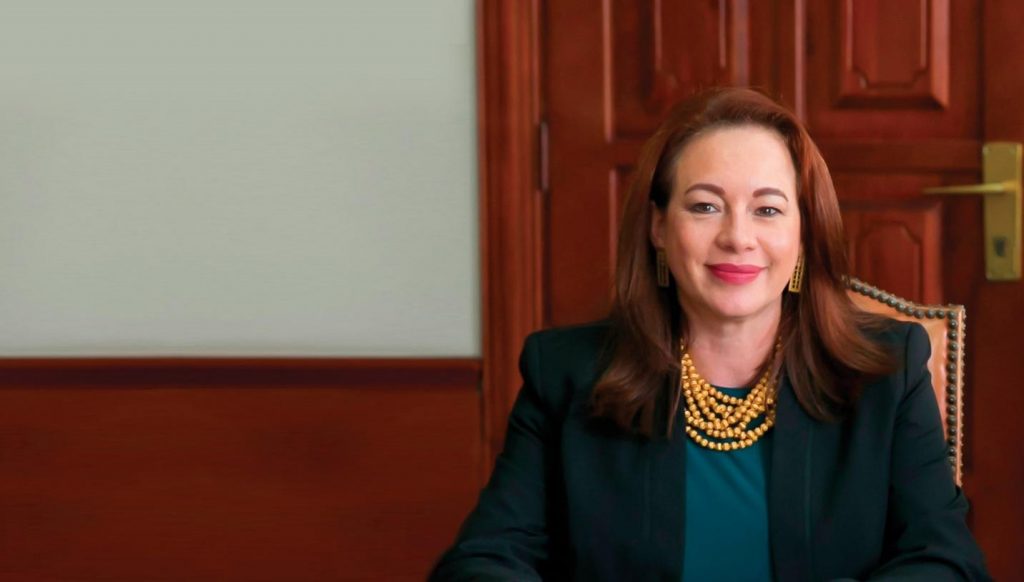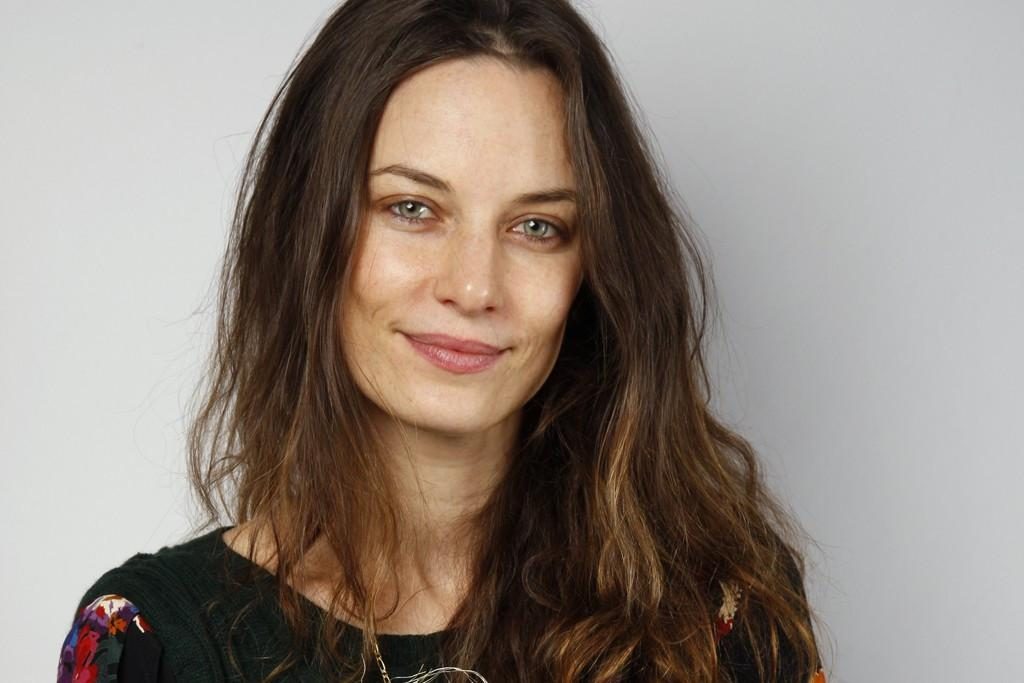A great philanthropist once said: “It is easier to give a cup of rice to relieve hunger than to relieve the loneliness and pain of someone unloved.” –Mother Teresa As years and decades pass by new troubles and problems continues to unfold all around the world. From hunger to war, climate change, gender inequality, female genital mutilation, poverty, deteriorating health care, insecurities and the list is endless. As such various international organisations and non-governmental organisations are continuously established and launched to help solve these problems for a better and peaceful world. However, what is more striking and inspiring are the individual responses and reactions through aids and supports channeled towards saving humanity from the various problems that they face daily. In Nepal Rita Thapa founded Tewa after returning from Beijing, where she spoke on a panel at the 4th World Conference on Women in Beijing. (The same conference where Hillary…
Ensuring Pastoralist Survival in Chad
“We are connected to nature, we find our resources in nature, we protect it; nature is completely intertwined with our culture and way of life.” Those were the wise words of a West African woman environmentalist who is fighting for the survival of her people in a little place in Chad. Born in Chad in 1984, Hindou Oumarou Ibrahim spent her formative years between N’Djamena the capital city of Chad where she studied, and her holidays with her community, the indigenous Mbororo people, who are traditionally nomadic farmers. During her undergraduate days Ibrahim was discriminated against as an indigenous woman, she was also aware of the ways in which her Mbororo counterparts were excluded from the educational opportunities she received. Having borne the pain of discrimination, she founded the Association of Indigenous Peul Women and Peoples of Chad (AFPAT) in 1999, to help promote the rights of girls and women…
Proffering Innovative Solution to Period Poverty
By Miracle Nwankwo “Meeting the hygiene needs of all adolescent girls is a fundamental issue of human rights, dignity, and public health,” says Sanjay Wijesekera, former UNICEF Chief of Water, Sanitation and Hygiene. Menstrual hygiene seems to be a difficult experience for most women and young girls in rural areas of developing regions. Although the problem persists, we must not lose strength in our pursuit of promoting menstrual equity which is key to achieving women empowerment. As such, the world should work towards ending period poverty and guaranteeing access to portable water and sanitation for all by 2030. Period poverty is the lack of access to sanitary products, menstrual hygiene education, toilets, hand washing facilities, and, or, waste management. While enormous efforts are ongoing in different parts of the world to help women and young girls maintain a proper and hygienic menstrual lifestyle, Lolo Cynthia, a public health specialist and…
The Masterpiece of the Woman-columnist
Pakistani-Canadian journalist Habiba Nosheen is a successful woman of color representing other women of color in the United States. She was born in Pakistan by her Arab parents in 1982, and spent the early years of her life in Lahore. Her family migrated to Canada when Habiba was nine years old. The family became refuges on their arrival in Canada, but things fell into place after they gained right to residency. Growing up in Toronto, Canada Habiba obtained a bachelor’s degree from University of Toronto and master’s degree from Columbia University’s Graduate School of Journalism as well as from York University, Toronto in Women’s Studies. Habiba articulates four different languages fluently─ English, Urdu, Hindi and Punjabi. She started her career in journalism as a reporter at the CBC Radio Pakistan where she was later nominated to report for the prestigious Kroc Fellowship, on-air for NPR ‘s Morning Edition and All…
Blazing Trails for Others
I once read an inspiring quote by Judy Garland which states; “Always be a first rate version of yourself and not a second rate version of someone else.” I have come to learn of someone who beyond self is taking first position in almost every path she threads on. From academia, foreign affairs, national defense, cultural heritage, and international policy, María Fernanda Espinosa, has left no stone unturned in her trailblazing journey in life. Espinosa was the President of the United Nations General Assembly for the 73rd session, which she assumed in September 2018 to 17 September 2019. She began her professional career at a young age of seventeen when she got her first job at the National Institute for Heritage in Ecuador. The job connected her very early on to indigenous people’s rights and environmental issues. And as she continued on to various graduate programs, Espinosa began cultivating a…
A 45 Years Mission to Assist the Sick
Scarcely do we hear or experience the stories of extraordinary people who go the extra mile to help humankind, and setting an example in stone with their iron-clad will. However, Amazons Watch Magazine does not hesitate to celebrate these unsung heroes who have managed through lives’ difficulty to make the world a better place for others. Amongst these rare existing individuals is Padma Shri. A one-woman army who was stocked with the purpose of building a hospital, for people who cannot afford medical care. For 45 years she pledged her life to this course, which she birth when her husband, for whom she could not afford medical treatments, passed away. “When my husband passed away, I was in shock initially. Then I realized I had four hungry mouths to feed… I had no education and couldn’t even tell the time. So I decided I would do whatever work that was…
Bridging the Gap of Status-based Discrimination
Philanthropy in recent times can be seen in the light of a conscious act and an interventionist tool to fight discrimination of all forms. As an anti-discrimination system, philanthropy gives opportunity to the less privilege to measure up with the privileged folks. For example, giving a scholarship award to a poor individual to study at the Oxford University, providing comfortable homes for the homeless, providing funds for poor & sick people as well as providing food for the hungry all bear philanthropic leanings. These acts bridge the gaps in between the privileged few and the less privileged majority. In line with the sustainable development goal 2, which seeks sustainable solutions to end hunger in all its forms by 2030 and to achieve food security, the impact inspire story for this week is centered on Topaz Page-Green a philanthropist from South Africa who provides meals for school children in some parts…

